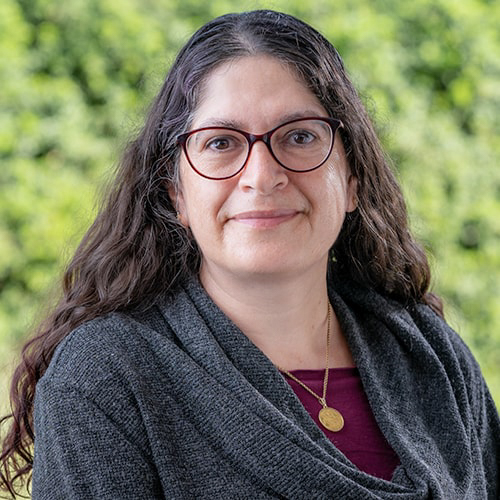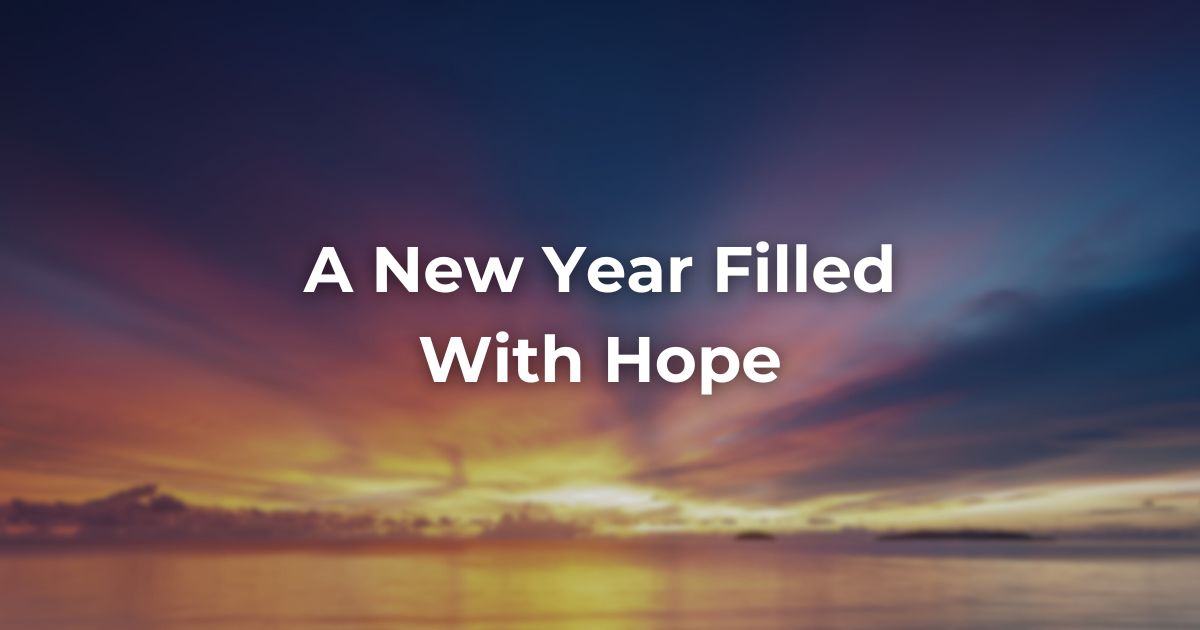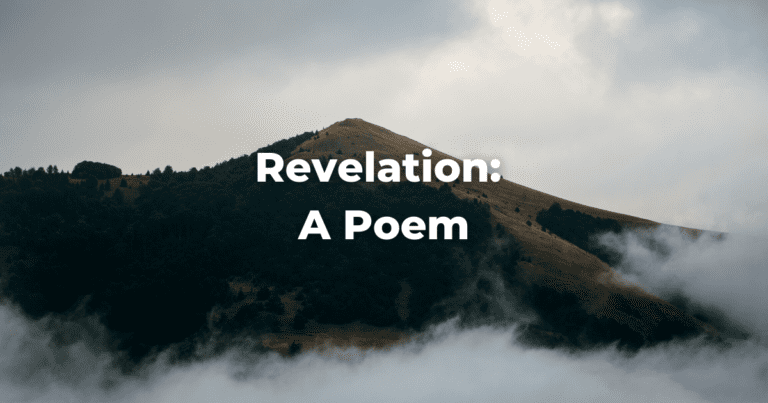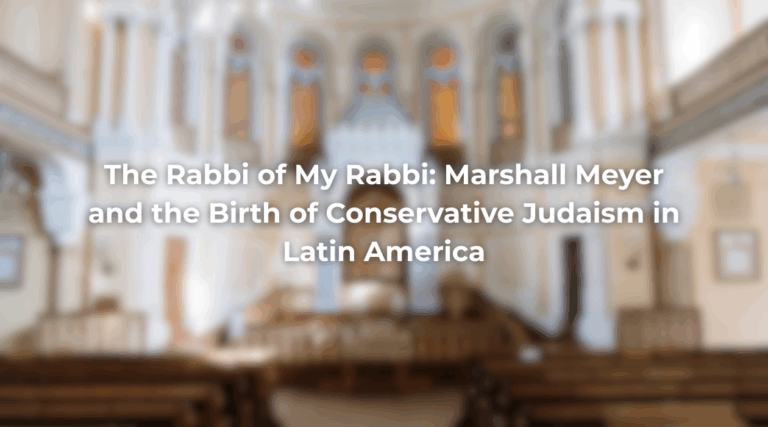It’s the month of Av. The Shabbatot of Consolation, and I am, for the first time, in Latin America, visiting with our rabbis and their communities. We are singing the children’s song in Hebrew, Od Tireh…
בשנה הבאה נשב על המרפסת
ונספור ציפורים נודדות.
ילדים בחופשה ישחקו תופסת
בין הבית לבין השדות.עוד תראה, עוד תראה
כמה טוב יהיה בשנה, בשנה הבאה.Next year we will sit on the porch
and count migrating birds.
Children on vacation will play catch
between the house and the fields.
You will yet see, you will yet see,
how good it will be next year.
I am sitting in the crowd, and we are singing along with the cantor, and the tears are flowing from my eyes. How can one think about the next year when, after ten months, we still haven’t come out of Simchat TorahRefers to the first five books of the Hebrew Bible, the Tanakh, also called the Five Books of Moses, Pentateuch or the Hebrew equivalent, Humash. This is also called the Written Torah. The term may also refer to teachings that expound on Jewish tradition. Read more?
Days go by, and we attend demonstrations and call for the return of the hostages NOW!! We have already celebrated all the other holidays, and it still feels like we are at Simchat Torah on October 7, 2023.
When Tisha B’Av ended, I asked myself – how can we talk about comfort when there are still hostages dying in Gaza? When the month of Elul began, I remembered how, in previous years, this month was a time for closure, forward-thinking, and hope.
This year everything is different, and it is hard to focus on thoughts of previous years. It’s hard to look ahead.
Rosh Chodesh Elul arrived, and with it, we began to say Psalm 27, To David the Lord is my Light. The psalm reminds me that this is not the first time that we, as a people, face a sense of destruction each day:
When evil assails me
to devour my flesh —
it is they, my foes and my enemies,
who stumble and fall.
Destruction and salvation appear in the Psalm as events that follow each other directly. History and memory tell us that whenever there is destruction, it takes time for the people to recover.
My first memory as a toddler is of the Yom Kippur War; I was 3 years old, and the adults around me experienced it as destruction, and I have the memory of that feeling. Fifty years after that war, we know that there was recovery for the people of Israel as a nation.
The continuation of the psalm reminds me where to look for comfort and hope:
Hear, O LORD, when I cry aloud;
have mercy on me, answer me.
To You, my heart says:
“Seek My face!”
O LORD, I seek Your face.
Do not hide Your face from me;
do not thrust aside Your servant in anger;
You have ever been my help.
Do not forsake me, do not abandon me,
O God, my deliverer.
There are no promises in these verses; there is a suggested path forward. And prayer – which changes with the seasons, is part of this path.
Tradition gently reminds me that even if I don’t feel hope now – it is, somehow, here. Maybe it is not present right now, but if we keep going—if we continue with the cycle of the year, with the siddur, with prayer—maybe we will find it.
People have begun to recite Psalm 27 all over the Jewish world, in our Movement, and in all the communities we visited this year. Rabbis from all over the world are in conversation, with sacred dread, as they prepare for the days of awe 5785.
Were it not for my faith
that I would enjoy the goodness of the LORD
in the land of the living…
Look to the LORD;
be strong and of good courage!
O look to the LORD!
I learn from the psalm to look for hope, even when it is hidden, to seek threads of comfort.
I look around me and see that there are so many good people in the Land of Israel, in Am Yisrael (the Jewish People), among our rabbis, and in communities around the globe. I pray that the day will come when we can sit on the porch, count the migratory birds, and prepare for a new year filled with hope and dreams.
Author
-

Rabbi Lev is the Global Engagement Associate in the Rabbinical Assembly. Rabbi Lev was ordained from Schechter Rabbinical Seminary in 2004. For many years rabbi Lev was the director of social and economic justice programs at Rabbis for Human Rights, her work focused on issues of poverty in Israel, and the Israeli state budget. Rabbi lev also holds a MA in Psychology from the Ben Gurion University of the Negev in Beer Sheva. Over the years she worked in several positions in NOAM, as student rabbi at a TALI school. She lives in Haifa with her husband and their children.
View all posts




